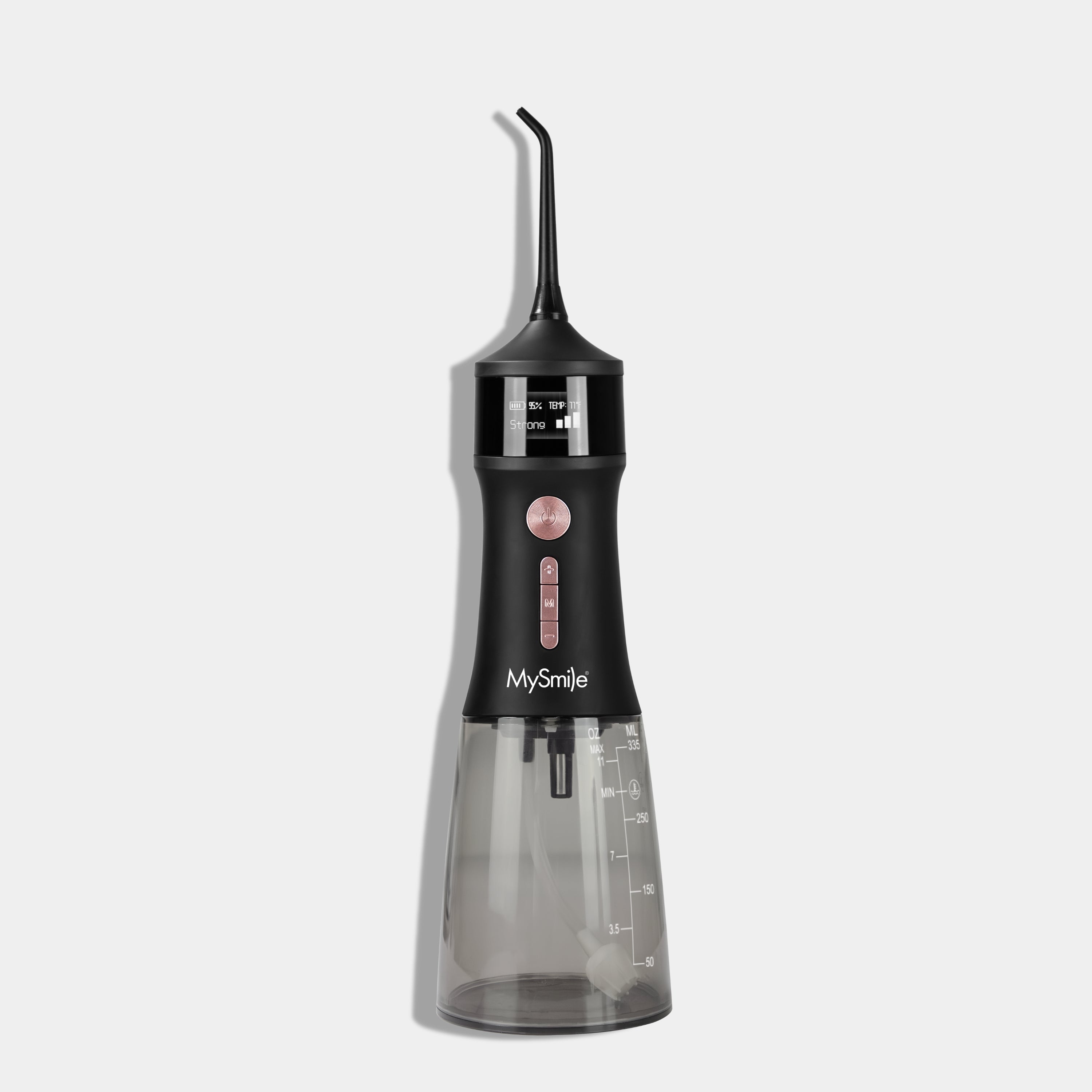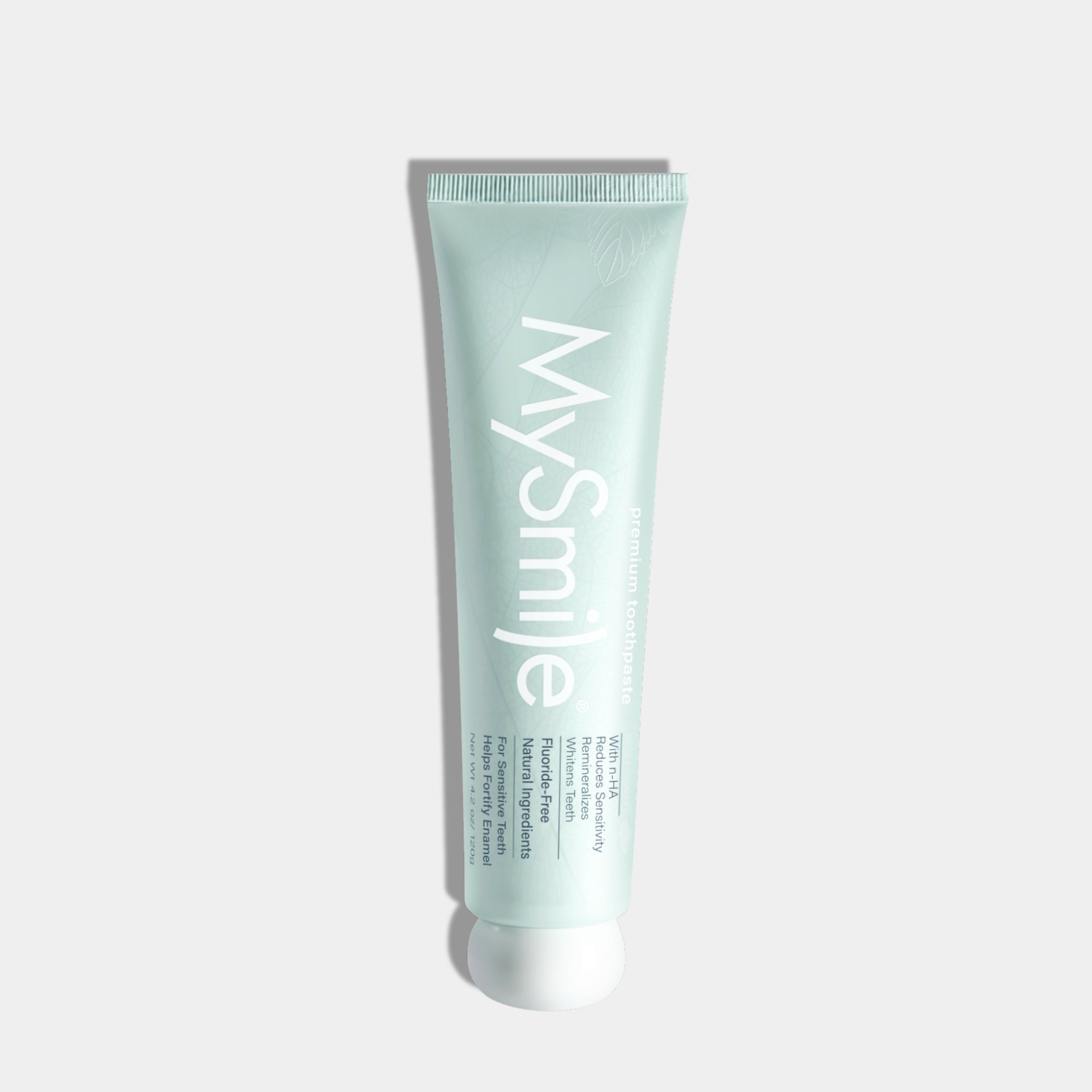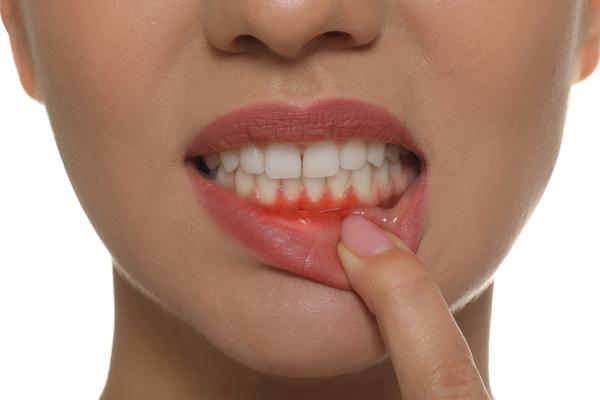Healthy teeth rely on healthy gums—a fact that cannot be overstated. Gums are the pink, firm tissues that surround and support your teeth, ensuring they stay anchored and protected. Without proper care, your gums become vulnerable to diseases that can silently progress and cause severe issues. Some gum diseases don’t even show symptoms until they’re advanced, making prevention and early care critical.
So how can you maintain healthy gums and prevent diseases? This guide outlines the key steps you need to take.
What Are Gums?
Gums, also known as gingiva, are the soft tissues that cover the jawbone and surround the base of the teeth. They act as a protective barrier, preventing bacteria from entering the deeper structures of the mouth. Healthy gums appear firm and pink, while inflamed or diseased gums may look swollen, red, or bleed easily.
Protecting your gums not only safeguards your teeth but also contributes to your overall health. Gum disease has been linked to various conditions, including heart disease and diabetes, so maintaining gum health is essential.
4 Ways to Protect Your Gums
Taking care of your gums doesn’t have to be complicated. Follow these four essential steps for optimal gum health.
1. Brush Your Teeth Regularly
Brushing your teeth twice a day is your first line of defense against plaque, a sticky film of bacteria that can harm your gums. Use a soft-bristle toothbrush and fluoride toothpaste, brushing gently at a 45-degree angle to clean the gum line effectively. Replace your toothbrush every three months or sooner if the bristles show wear.

Pro Tip: Electric toothbrushes can provide a more thorough cleaning and help you maintain consistent brushing habits.
2. Floss Daily
While brushing is important, it doesn’t reach the tight spaces between your teeth where plaque and food particles can hide. Flossing daily removes debris from these areas, reducing the risk of gum inflammation and cavities.
If traditional flossing feels cumbersome, consider using a Countertop Water Flosser. This device is gentle on the gums, easy to use, and highly effective in preventing tartar buildup and gum disease. It also helps keep your breath fresh and removes stains from hard-to-reach areas.
3. Maintain a Healthy Diet
A balanced diet plays a significant role in gum health. Limit foods high in sugar and acid, as they can contribute to tooth decay and gum irritation. Instead, include nutrient-rich foods that promote oral health, such as:
- Leafy greens (rich in vitamins and minerals)
- Dairy products (high in calcium)
- Citrus fruits (boosts Vitamin C levels)
- Nuts and seeds (help strengthen enamel)
These foods not only improve your oral health but also boost your immune system, reducing the risk of infections.
4. Schedule Regular Dental Check-ups
You can’t monitor your gum health alone, which is why regular dental visits are a must. Dentists can provide professional cleanings to remove tartar buildup and check for early signs of gum disease that you might not notice.
Experts recommend visiting your dentist every six months or as advised based on your oral health needs. Early detection and treatment of gum issues can prevent them from escalating into more severe problems.
Additional Tips for Healthy Gums
- Avoid smoking, as it weakens your gums and reduces blood flow to the gum tissue.
- Drink plenty of water to wash away food particles and bacteria.
- Use mouthwash to reduce bacteria in areas your toothbrush and floss may miss.
Want to Learn More?
For more insights into oral health, explore these resources:
- Causes of Bleeding Gums – Learn about the warning signs of gum disease.
Final Thoughts
Healthy gums are the foundation of a healthy smile. Consistent oral hygiene, a nutritious diet, and regular dental care are your best defenses against gum disease. By taking simple yet effective steps, you can ensure your gums stay in top shape.
Do you have any personal tips or experiences with gum care? Share your story in the comments below—we’d love to hear from you!









